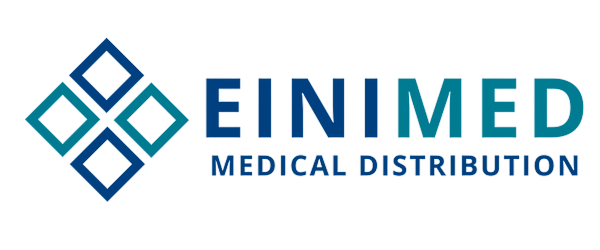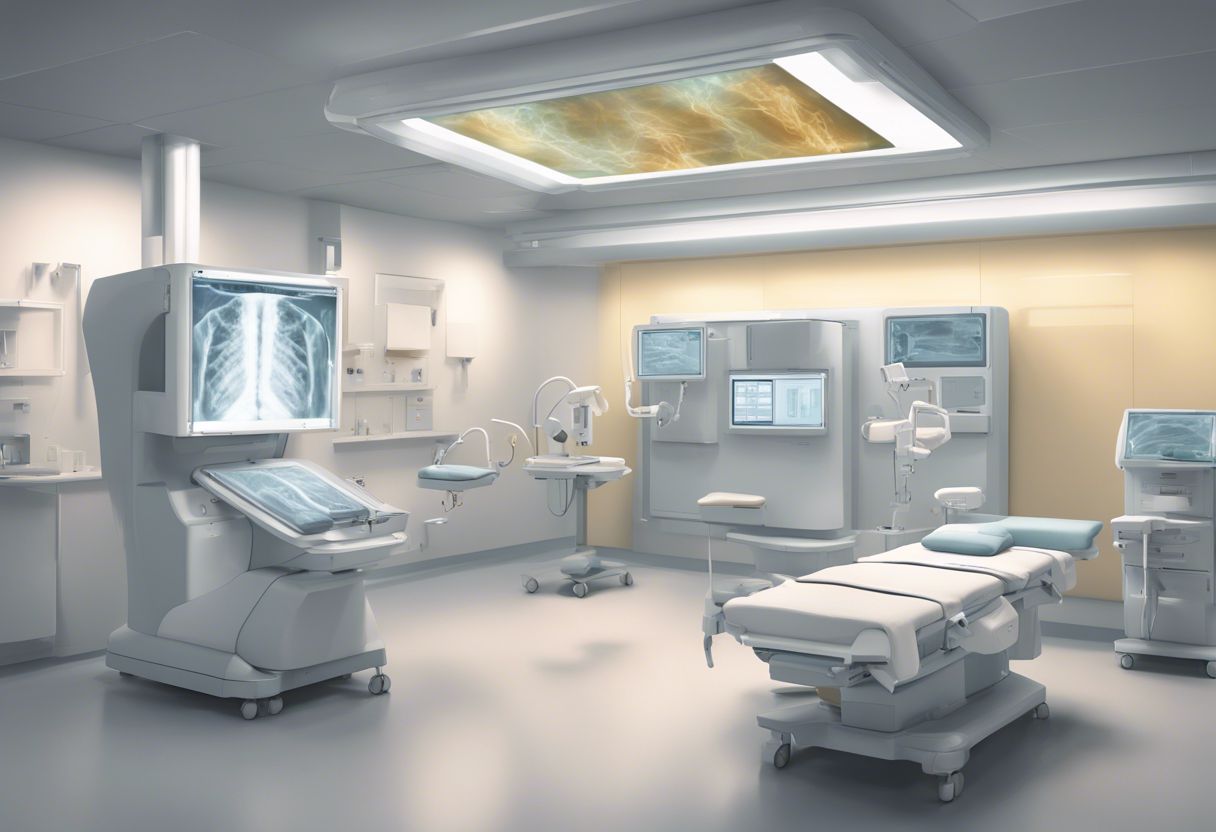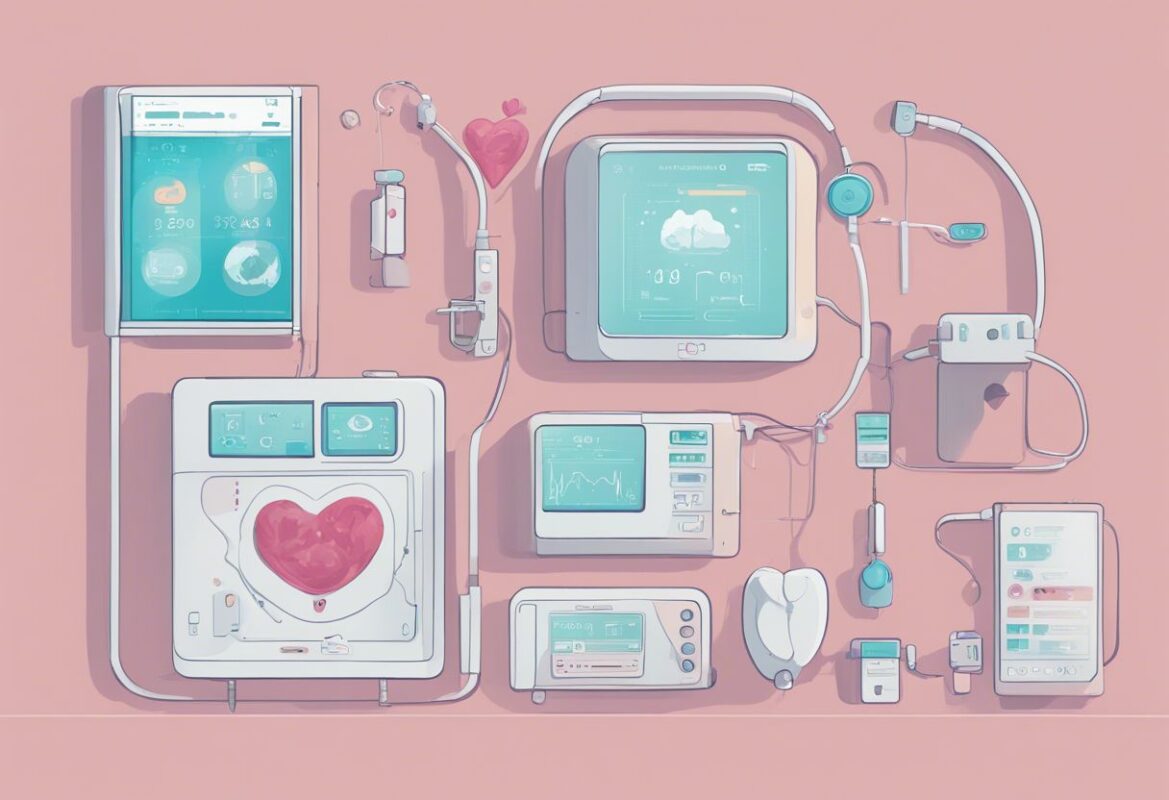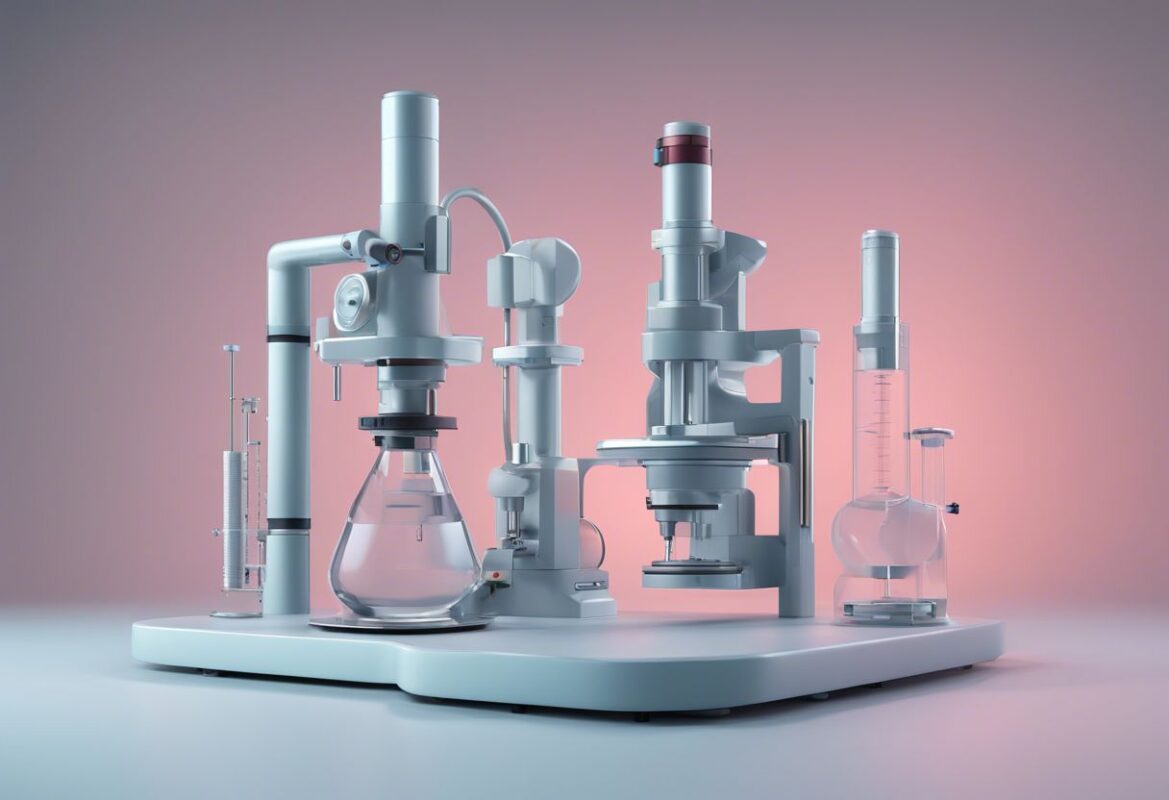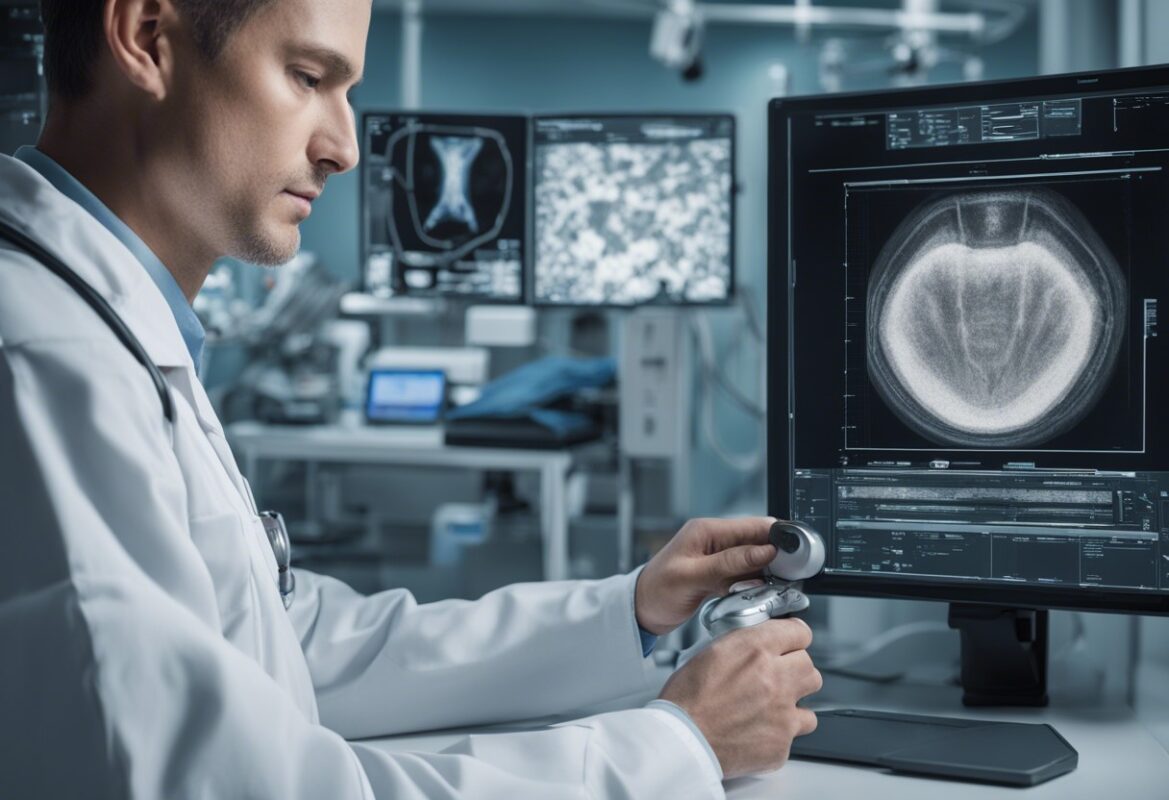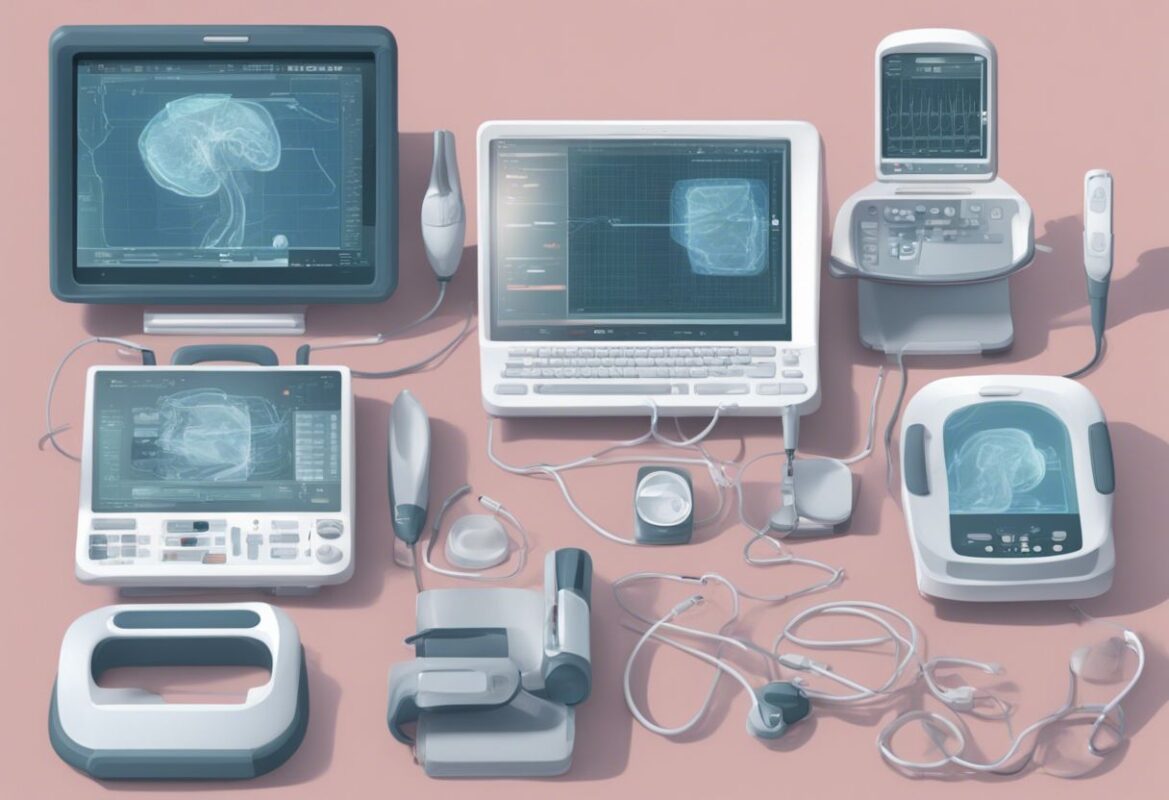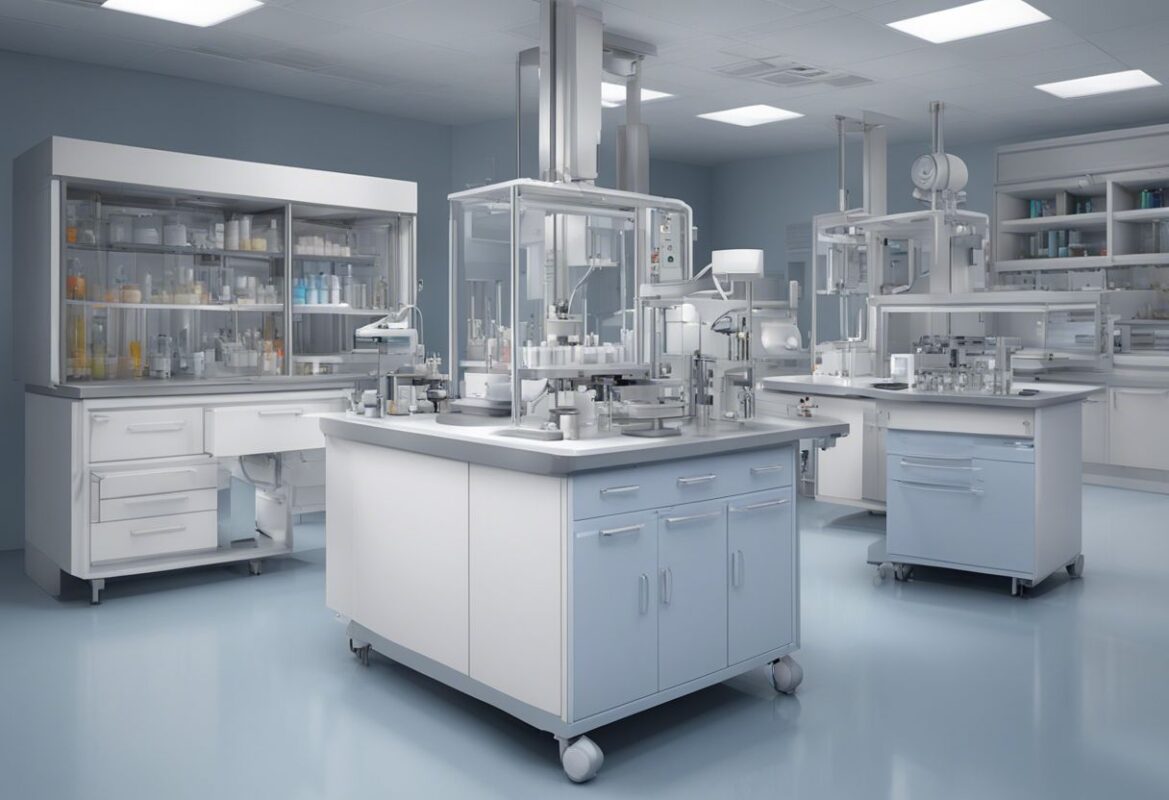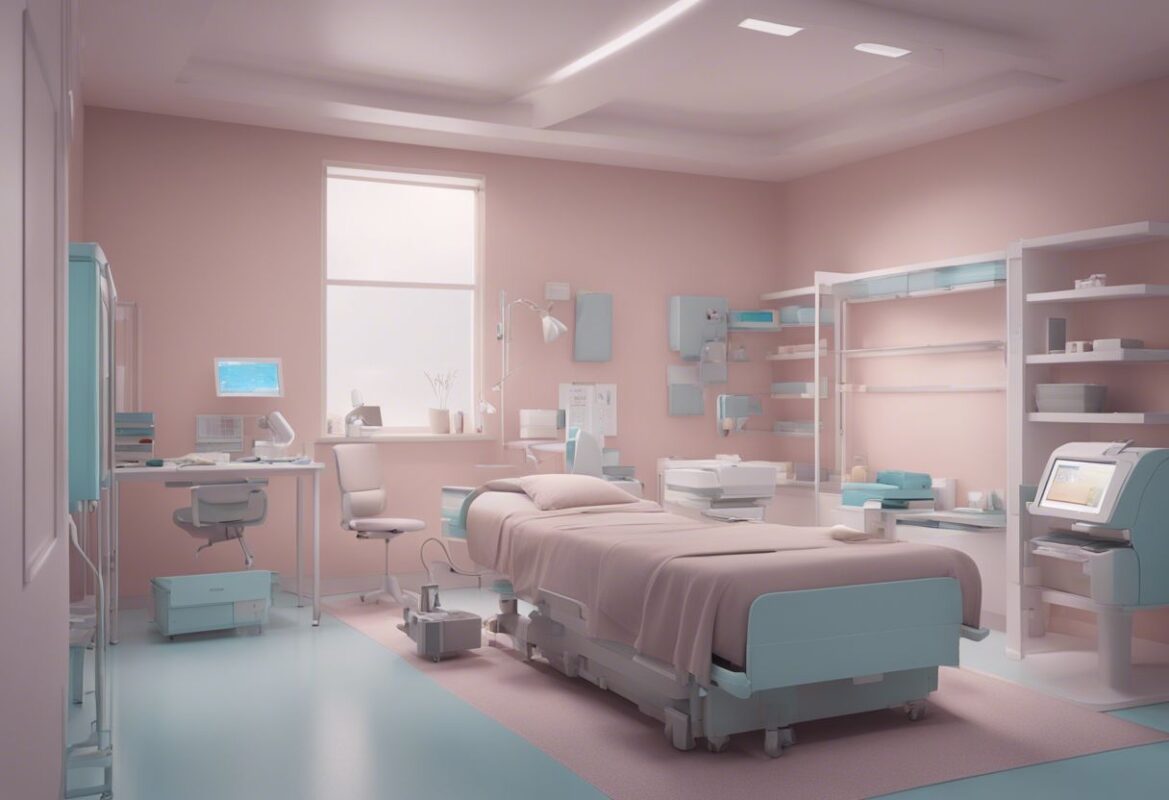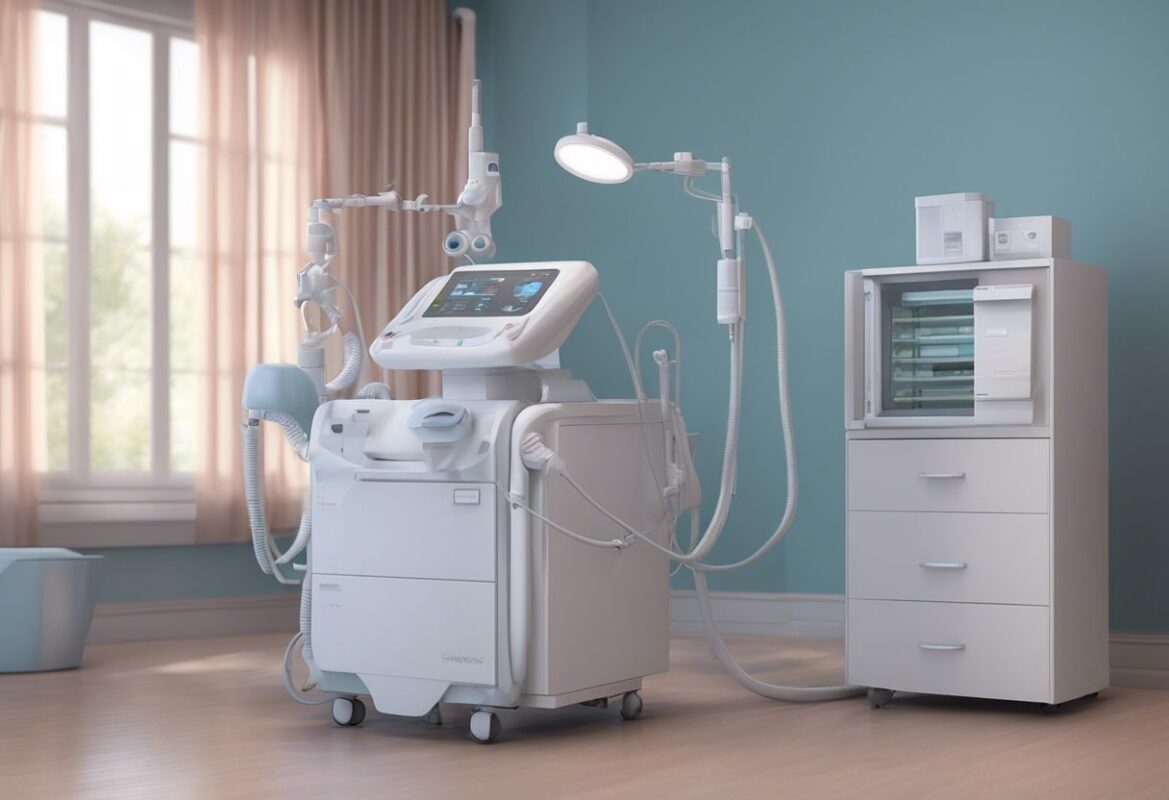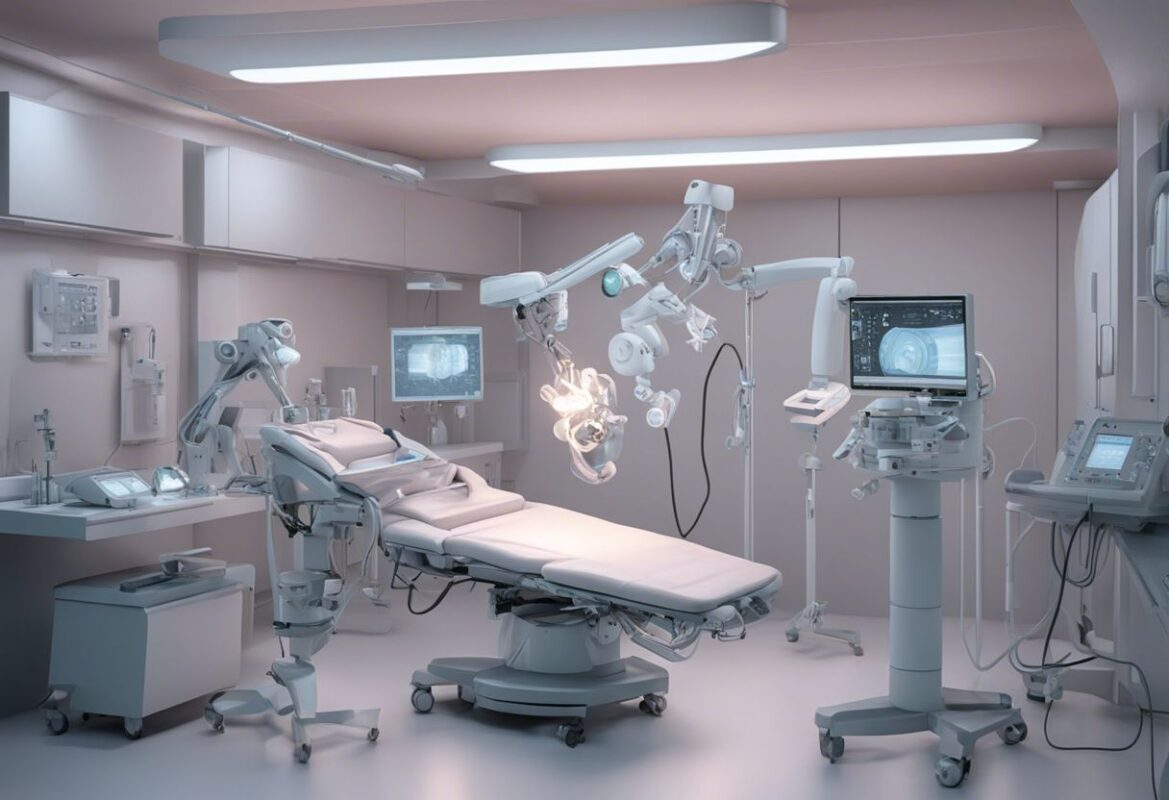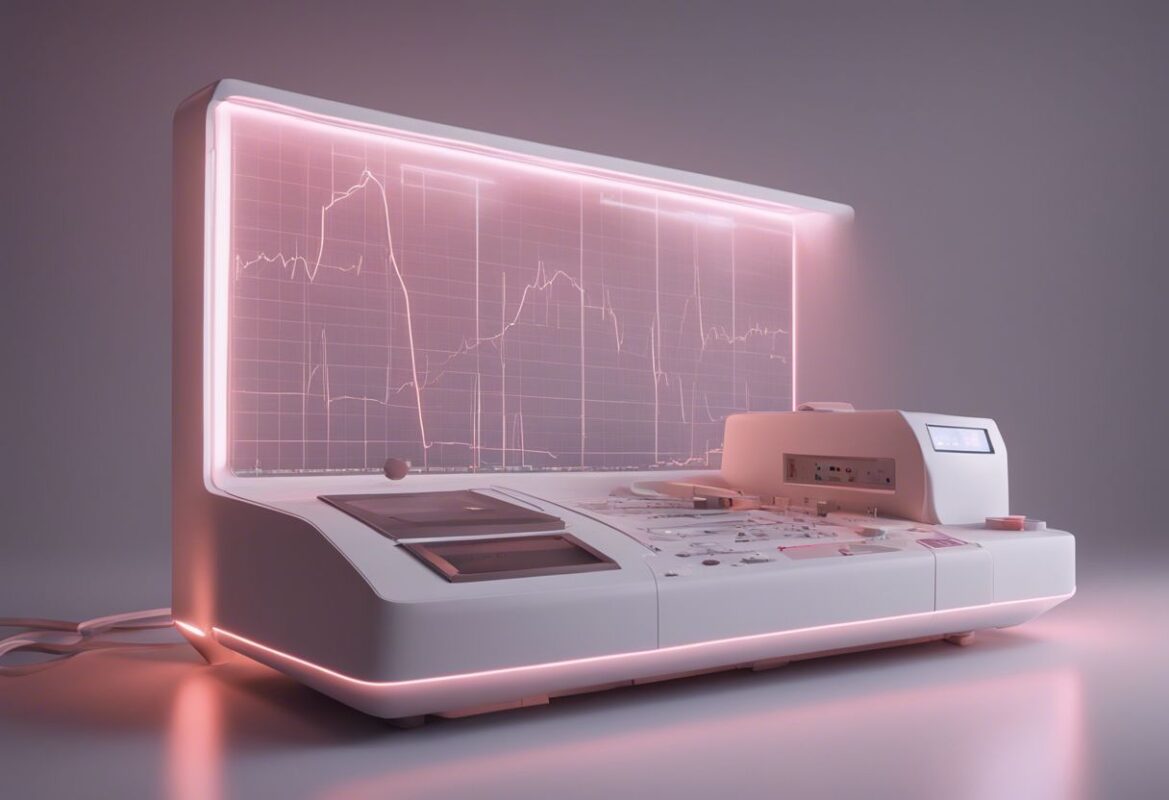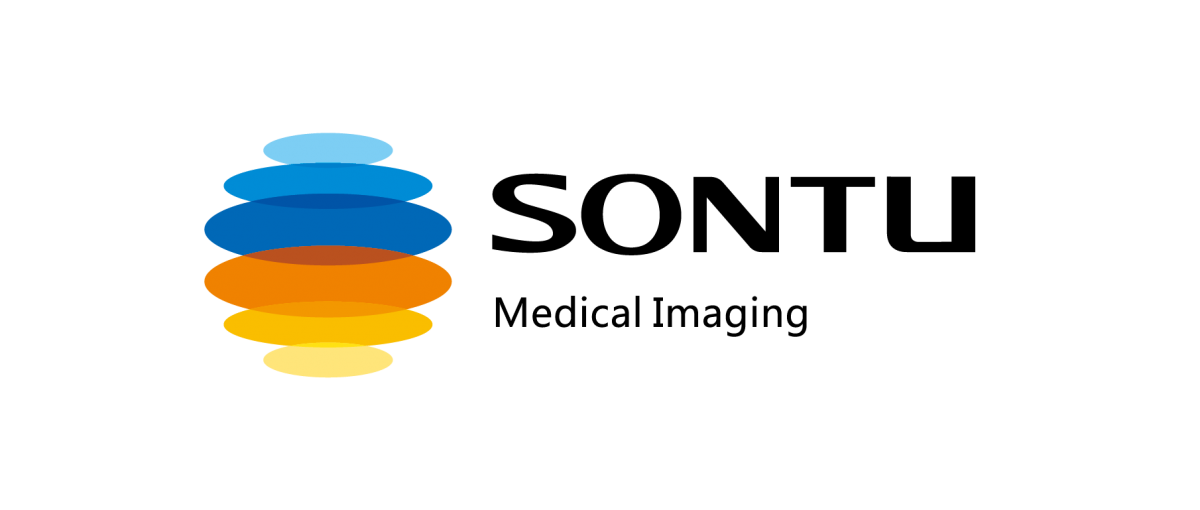Introduction
The healthcare industry is experiencing an unprecedented transformation driven by innovative technologies. These advancements are not only improving patient outcomes but also making healthcare more accessible and efficient. This article delves into some of the most groundbreaking emerging technologies that are shaping the future of medicine.
Artificial Intelligence in Medicine
Artificial Intelligence (AI) is revolutionizing the medical field by providing advanced diagnostic tools, predictive analytics, and personalized treatment plans. AI algorithms can analyze vast amounts of data to detect patterns that are often missed by human eyes, leading to earlier and more accurate diagnoses.
One of the most significant applications of AI in medicine is in the realm of diagnostic imaging. AI-powered systems can read and interpret medical images, such as X-rays and MRIs, with remarkable accuracy. These systems are trained on thousands of images, allowing them to identify abnormalities that may be overlooked by human radiologists. Additionally, AI can predict patient outcomes based on historical data, aiding doctors in developing personalized treatment plans that improve patient prognosis.
AI is also transforming other areas of medicine, such as genomics and drug discovery. In genomics, AI algorithms can analyze genetic data to identify mutations associated with diseases, enabling early intervention. In drug discovery, AI can expedite the identification of potential drug candidates, significantly reducing the time and cost associated with bringing new medications to market.
- Read more about AI in Medicine: AI Transforming Healthcare
Digital Health Solutions
Digital health encompasses a wide range of technologies, including telemedicine, mobile health apps, and wearable devices. These solutions are enabling remote patient monitoring, virtual consultations, and real-time health tracking, thereby enhancing patient engagement and reducing the burden on healthcare facilities.
Telemedicine has become particularly important in recent years, providing patients with access to healthcare services from the comfort of their homes. This has been crucial during the COVID-19 pandemic, reducing the risk of virus transmission and ensuring continuity of care. Mobile health apps and wearable devices, such as fitness trackers and smartwatches, allow individuals to monitor their health metrics continuously. These devices can track heart rate, physical activity, sleep patterns, and more, providing valuable data that can be shared with healthcare providers for better management of chronic conditions.
Digital health solutions also play a critical role in preventative care. By monitoring health data in real-time, potential health issues can be detected early, allowing for timely interventions that can prevent complications and improve long-term health outcomes.
- Discover the latest in Digital Health: Digital Health Innovations
Bioprinting and Regenerative Medicine
Bioprinting is an exciting field that involves creating tissue-like structures using 3D printing technology. This innovation holds the promise of developing custom-made organs and tissues for transplantation, significantly advancing regenerative medicine.
Bioprinting uses bio-inks made from living cells to print complex tissue structures layer by layer. This technology has the potential to revolutionize organ transplantation by addressing the shortage of donor organs. Researchers are making significant strides in bioprinting functional tissues, such as skin, cartilage, and even liver tissue. In the future, it may be possible to bioprint entire organs, reducing the reliance on organ donors and eliminating issues related to organ rejection.
Beyond transplantation, bioprinting is also used in drug development and testing. By creating accurate models of human tissues, researchers can study the effects of new drugs in a controlled environment, improving the efficiency and safety of drug development processes.
- Explore Bioprinting advancements: Bioprinting in Healthcare
Advanced Imaging Technologies
The development of advanced imaging technologies, such as high-resolution MRI and CT scans, is providing doctors with clearer and more detailed views of the human body. These technologies are crucial for early disease detection and precise treatment planning.
High-resolution imaging technologies enable clinicians to visualize the human body in unprecedented detail. MRI scans, for example, can provide high-contrast images of soft tissues, making it easier to detect tumors, brain abnormalities, and other conditions. CT scans offer detailed cross-sectional images that are invaluable in diagnosing complex conditions, such as cardiovascular diseases and cancers.
Advancements in imaging technologies are also enhancing minimally invasive procedures. Techniques like fluoroscopy and real-time MRI allow surgeons to perform complex interventions with greater precision and fewer complications. These technologies are paving the way for more effective and less invasive treatments, improving patient outcomes and recovery times.
- Learn about Advanced Imaging: Cutting-edge Imaging Technologies
Robotics in Surgery
Robotic-assisted surgeries are becoming increasingly common, offering greater precision, reduced recovery times, and minimally invasive procedures. Robots can perform complex tasks with a high degree of accuracy, reducing the risk of human error.
Robotic systems, such as the da Vinci Surgical System, allow surgeons to perform delicate and complex procedures through small incisions. These systems provide enhanced visualization, greater dexterity, and improved control compared to traditional surgical methods. Surgeons can operate with greater precision, reducing trauma to surrounding tissues and minimizing postoperative pain and recovery times.
Robotics are also being used in other areas of healthcare, including rehabilitation and elderly care. Robotic exoskeletons can assist patients with mobility issues, helping them regain movement and improve their quality of life. In elderly care, robots can provide companionship and assist with daily tasks, promoting independence and enhancing overall well-being.
- Read about Robotics in Surgery: Robotic Surgery Innovations
Conclusion
Emerging healthcare technologies are paving the way for a new era in medicine, where treatments are more personalized, accurate, and efficient. By embracing these innovations, the medical community can significantly improve patient care and outcomes. The future of healthcare lies in the seamless integration of these technologies, ensuring that every patient receives the best possible care tailored to their individual needs.
